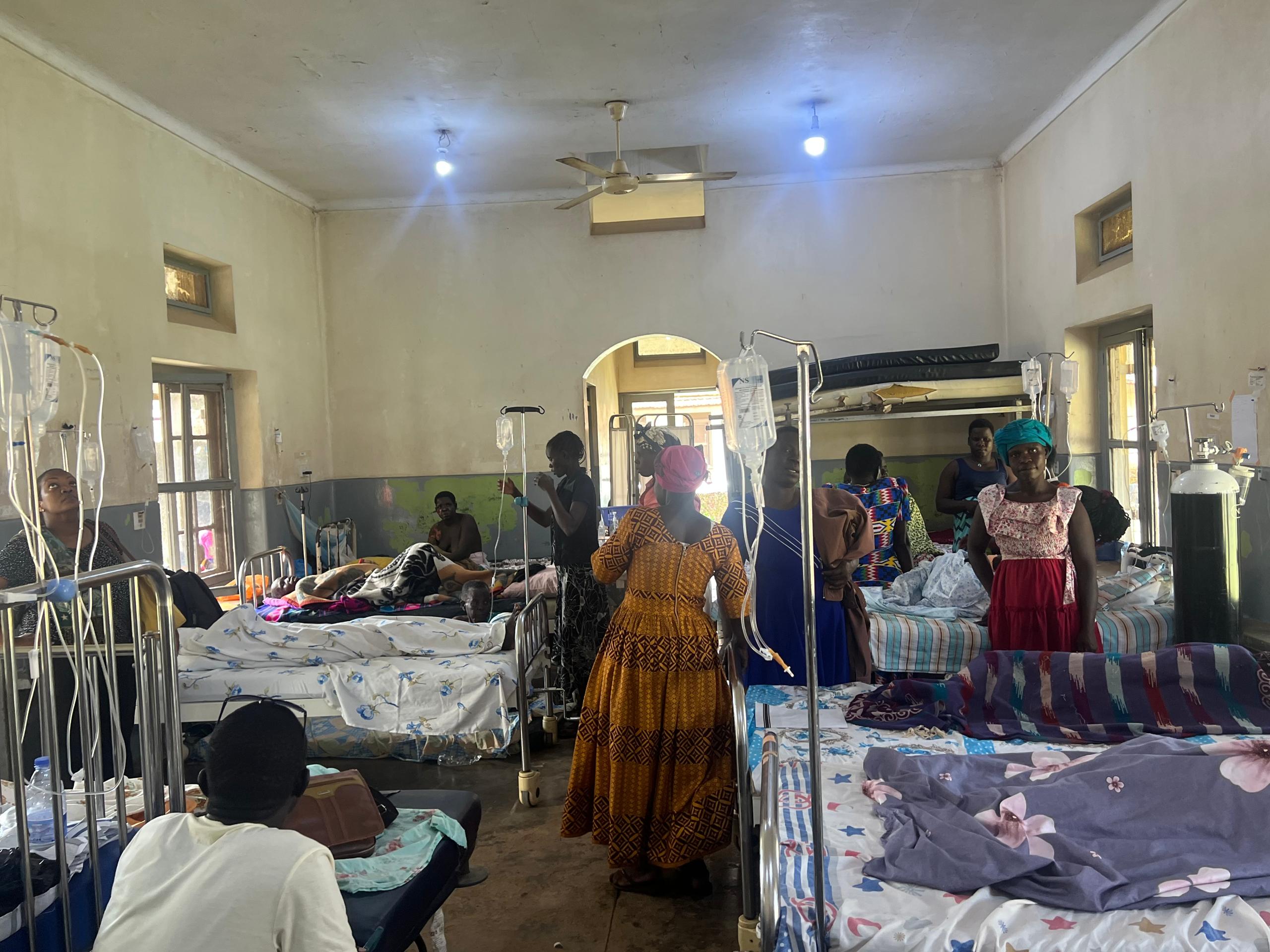
By James Alomu
Residents across the Teso sub region have expressed widespread appreciation for the State House Health Monitoring Unit following its recent intervention into alleged malpractice and corruption at Soroti Regional Referral Hospital and other public health facilities in the area.
The Unit's actions are being hailed as a critical step toward upholding patients’ rights and restoring accountability within the healthcare system.
The praise came during a recent Health Baraza organized by the Monitoring Unit in Amuria District and Soroti City, where community members shared longstanding frustrations about unethical practices in local health facilities. Among the grievances raised were reports of extortion, illegal charges for services meant to be free, and coercive referrals to privately owned clinics allegedly linked to public healthcare workers.
“You go to Soroti Hospital expecting free treatment, only to be told to buy soap, Jik, or even pay for mama kits that should be free,” one local resident lamented. “It is painful, especially for the poor. But now, finally, someone is listening to us.”
Responding to the concerns, Dr. Warren Namara, Director of the State House Health Monitoring Unit, acknowledged the gravity of the allegations and assured the public that comprehensive investigations were already underway. He clarified that the issues appeared to stem from the actions of individuals rather than a systemic institutional failure.
“This is not a case of institutional failure,” Dr. Namara explained. “It is a matter of individual misconduct, and we are taking it seriously. Charging 5,000 shillings for a mama kit, for instance, is not just unethical,it is illegal.”
Dr. Namara’s transparency and commitment to accountability were met with optimism by community members, many of whom said the presence of the Monitoring Unit in the region symbolized a turning point for healthcare delivery. They welcomed the government’s proactive approach and called for continued vigilance to ensure lasting reforms.
Godfrey Opolot, Acting District Health Officer for Amuria, echoed the public's sentiments and praised the Monitoring Unit’s involvement, noting that it had already provided valuable guidance on improving service delivery in the district. He acknowledged specific challenges in areas like record-keeping and maternity services but emphasized that these issues are not insurmountable.
“We recognize that our systems are strained, especially due to understaffing,” said Opolot. “But these challenges are not permanent. With the right oversight and resources, we can close these gaps.”
At Soroti Regional Referral Hospital, Director Benedicto Watmon reaffirmed his administration's commitment to addressing all credible complaints. While defending the hospital’s approved fee structure,such as the 120,000 shillings charged for X-ray services under Ministry of Health guidelines,he condemned any unauthorized or illegal patient charges, pledging to take disciplinary action where necessary.
Community leaders and elders in Teso lauded the Monitoring Unit not only for investigating misconduct but also for empowering ordinary citizens to raise their voices. They urged for continued community involvement and transparency in healthcare management, stressing that lasting trust in public institutions would depend on sustained collaboration among all stakeholders.
“The intervention has given us hope,” said a local elder. “It’s the first time we’ve seen such
As investigations continue, the State House Health Monitoring Unit has reaffirmed its commitment to working closely with communities, encouraging residents to report unethical conduct and to actively participate in safeguarding the quality of health services in their region.
For many in Teso, the message is clear: patient rights are not just a policy,they are a priority.